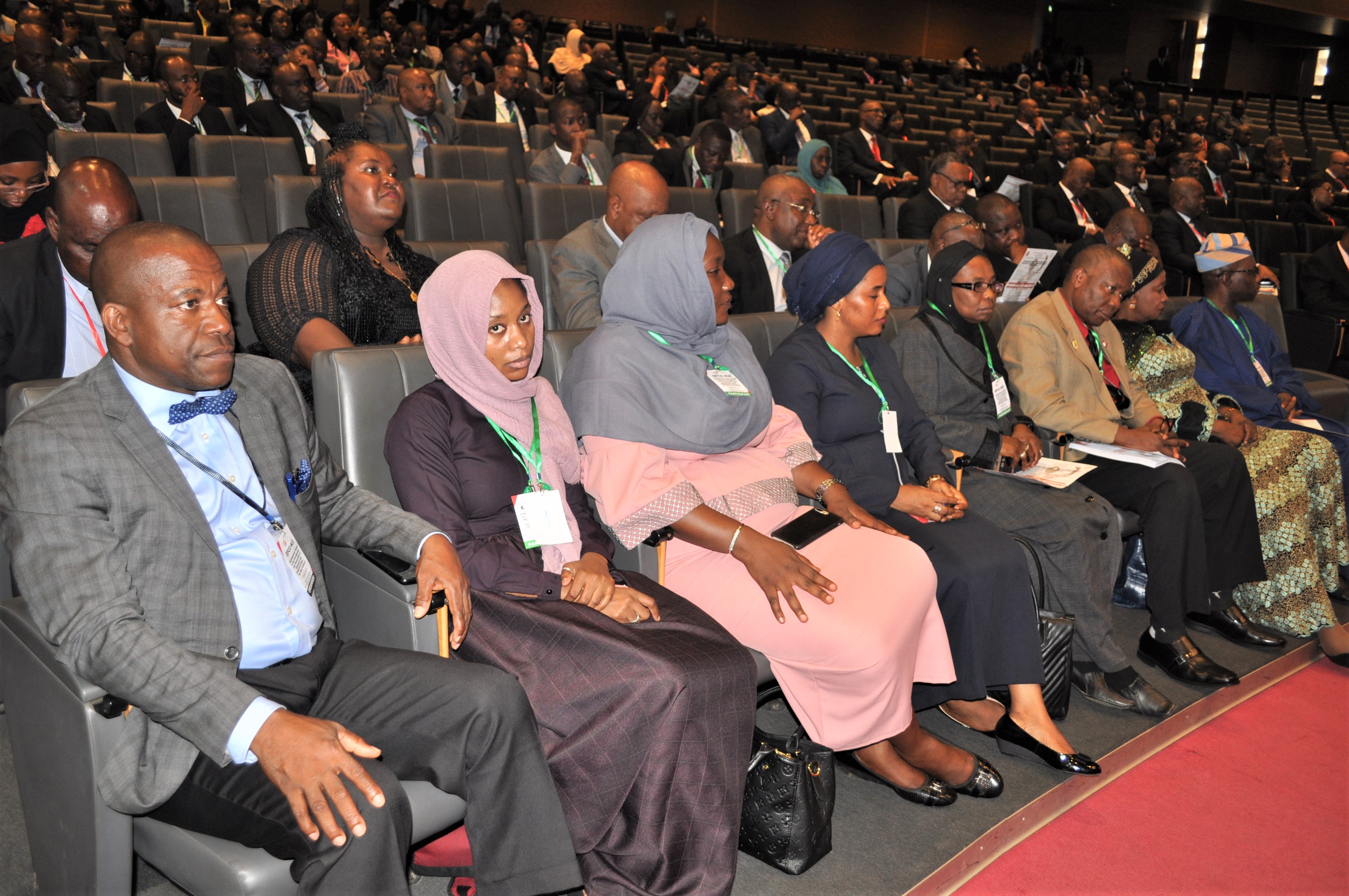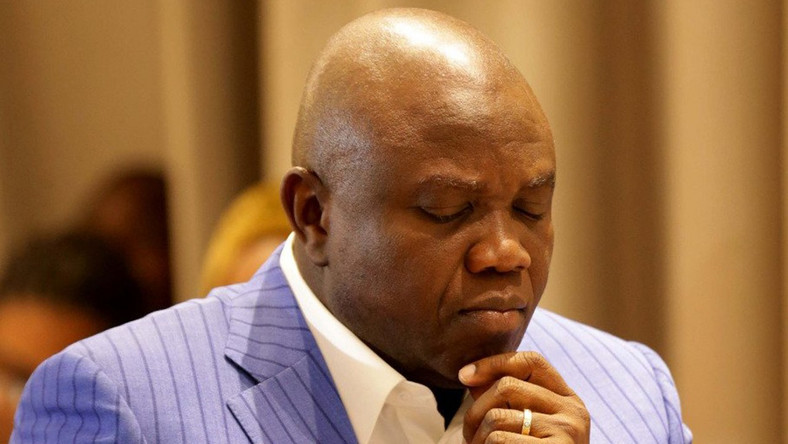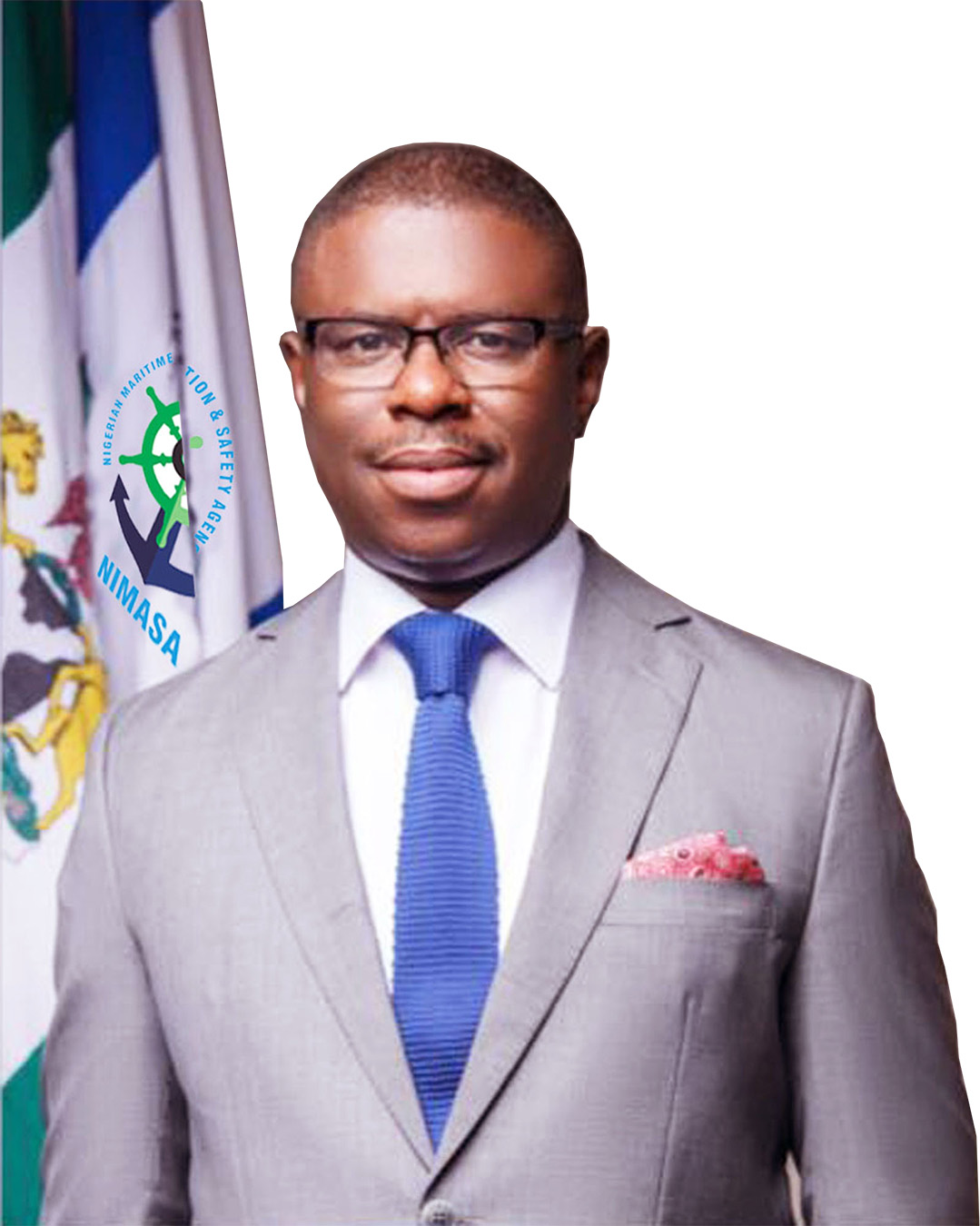The need for the establishment of special courts for anti-corruption cases took the front burner on Wednesday, October 23, 2019, at the second day of the ongoing “Third EFCC-NJI Capacity Building Workshop for Judges and Justices,” with participants arguing strongly that the solution to delays in the prosecution of economic and financial crimes cases lies in the establishment of such courts.
Leading the call was the immediate past Chief Judge of Lagos State, Justice Opeyemi Oke, whose presentation is entitled: “Special Offences Court as a Panacea to Delays in the Prosecution of Economic and Financial Crimes.”
Justice Oke noted that internet fraud provided a global worry that called for urgent attention.
While imploring the Nigerian authorities to join the rest of the world in establishing special courts for economic and financial crimes, she observed that the Economic and Financial Crimes Commission, EFCC in the last few years has done tremendously well in fighting corruption and decried the delay in prosecution of cases of economic crimes and corruption.
“Considering the impressive rate at which other countries across the globe (African countries inclusive, have embraced the use of specialised anti-corruption courts, Nigeria should not be left behind. To create special courts for economic and financial crimes is a task that must be done,” she said.
Head, EFCC, Legal Directorate, Latona Gbolahon, added his voice, saying special courts should be designated to tackle the dangerous trend of corruption, adding that serious issues of corruption should be handled seriously.
However, Chief Judge of Ondo State, O.O Akeredolu and Justice Olukayode Adeniye, who represented Justice Ishaq Bello, Chief Judge of FCT High Court, differed on the ground that special courts for anti-corruption cases would not be the complete solution, adding that funds, infrastructure, and its possibility of eroding the powers of the high court would affect their establishment. They rather called for appointment of more judges.
It could be recalled that Ibrahim Magu, the Acting Chairman of EFCC in his good will message at the opening ceremony of the workshop on Tuesday, October 22, 2019 had equally called for the establishment of special anti-corruption courts in the country to hasten the dispensation of justice in corruption cases.
Meanwhile Chairman, Senate Committee on Anti-corruption and Financial Crimes, Sen. Suleiman Abu Kwari has commended the, EFCC and the National Judicial Institute, NJI, for their efforts in building the capacity of Nigerian judges and justices on the contemporary issues in investigation and prosecution of economic and financial crimes.
Kwari gave the commendation on Wednesday, October 23, 2019, being the second day of the ongoing Third EFCC-NJI workshop. He said that both organisations have done well in sensitising judges and justices on the new trends in investigation and prosecution.
He expressed his appreciation and that of the National Assembly for the EFCC’s collaboration with NJI in organising the workshop, adding that his presence at the event as the president of the Senate showed how importance the workshop was to the Senate and the entire National Assembly.
Kwari appealed to the participants to avail themselves of the opportunity provided by the workshop to update themselves and to apply the knowledge gained in helping the country win the war against corruption.
The Senator tasked the EFCC and NJI to come up with a communiqué that would capture all, both organisations need to function effectively in the fight against corruption. He promised that the National Assembly would do its bit towards the eradication of corruption in the country and to support the EFCC and other anti-corruption agencies in the country.
The head, Cybercrime Unit, EFCC, Saad Abubukar, while delivering his paper on “Emerging Trends in Cyber Criminality,” highlighted the dangers of cyber crime and warned participants and all members of the public to be careful in the way they use their phones.
M.D. Adamu, of the Nigerian Computer Emergency Response Team (ngcert),Office of National Security Adviser, ONSA, while weighing-in on the emerging trends in cyber criminality, called for the abolition of plea bargain, which he sees as counter-productive in the fight against corruption.
Speaking on the use of polygraph technology as an evidential tool in criminal prosecution, Damilola Sholademi of the Directorate of Internal Affairs, EFCC, tasked investigators and Investigating Police Officers (IPO) to embrace the use of polygraph technology, instead of subjecting the accused to torture in trying to extract information from them.
Sholademi, revealed that the EFCC has been able to record convictions through polygraph technology evidence.
Some of the judges were seeing and hearing of the technology for the first time at the workshop.
Wilson Uwujaren
Head, Media & Publicity
23 October, 2019




